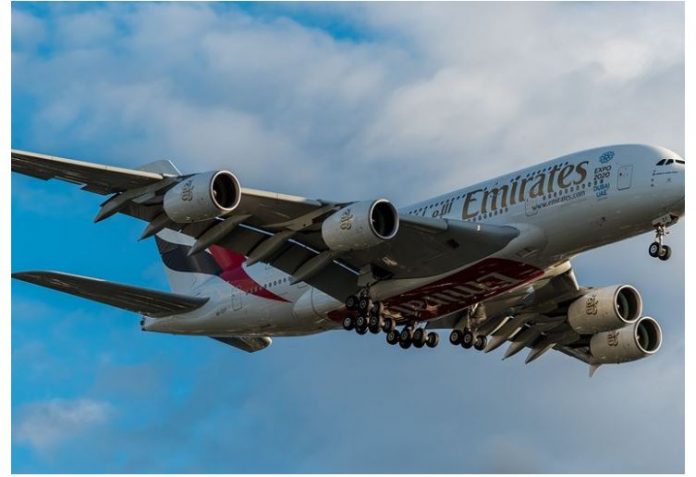Job losses at Dubai carrier are being given significance over and above all else
Emirates is being held towards a vastly different set of standards than the rest of the industry. Job losses at Emirates are rated as indicative of deeper issues rather than standard business response in these uncertain times.
The implicit message seems to be that each redundancy Emirates makes is another telling blow on the “Dubai Story” and how it crafted a success route built around the airline over the last two decades. That Emirates now having to engage in heavy layoffs – and the cuts, by all measures have been substantial based on market talk – reflects a permanent weakening of Dubai’s future positioning in a – still – global economy
In all these tellings about Emirates and Dubai, there are throwaway lines about how the airline industry worldwide is facing an existential crisis. Something over and above what it suffered post September 11, 2001, the Global Financial Crisis of 2008, and minor ones during the SARS crisis.
So, the parent company of British Airways drops mentions about 12,000 jobs being on the line; Virgin Australia now has a new owner and with no clarity over what future redundancies could hold. Another Australian carrier Qantas cuts 6,000 and with another 15,000 “stood down”. Lufthansa is looking at 22,000 jobs that could go even after the government pumps in a few billion euros of life-support…
Also Read: Modi Govt’s big move for Make in India and Atma Nirbhar Bharat, new rule in GeM
If we were to head to the US, the airlines are raising the possibility of “30%” cuts across the board.
That’s what it’s all coming down to – the COVID-19’s will not be leaving its impact on businesses any time soon. The pain businesses and individuals feel will be real… and it will be there for a long time to come.
The airline industry is right at the frontlines of this unedifying descent into the unknown. No one knows when a recovery will be sighted. Summer of 2021? Or will it be even later than that?
Not even the sharpest brains in the industry have a clue about it. A gut instinct, yes, but nothing more.
Given all this evidence, why is there an – outsized – outpouring of analysis over the job losses at Emirates and Etihad?
The impression these analyses give is that layoffs point to something deeper, almost terminal in what they represent. It reached a new pitch when news broke about as many as 600 pilots at Emirates being given the pink slip. That these 600 jobs somehow represented the sum and substance of Emirates past, its present and its shaky future.
Surely, there are other airlines where pilots’ jobs were sacrificed in the current wave of redundancy programmes. But none of those have set off tidings of doom as these 600 jobs have.
And then there’s the subtext – that if Emirates has to make do with 600 fewer pilots and up to 30 per cent of its workforce, what would it mean for Dubai?
It’s a testimony to Emirates’ messaging over the years that such a close bonding has set in minds about its connection to and with Dubai. But surely, the airline should be allowed to make its decisions, even about job losses, without everyone having to draw a direct line to Dubai’s future.
Yes, those 600 pilot jobs do matter… as does every other job that has gone after the virus struck. And jobs that will go in the coming days and weeks.
But let’s not burden those 600 jobs with the weight of an entire economy, i.e. Dubai’s, and its future.
Dubai has the ways and means to get itself out of the current predicament. Emirates, and the resumption of its flights, is part of those ways and means. The emphasis is on the ‘part of’.
Let’s not make Emirates or those jobs the entire story.
Signed,




